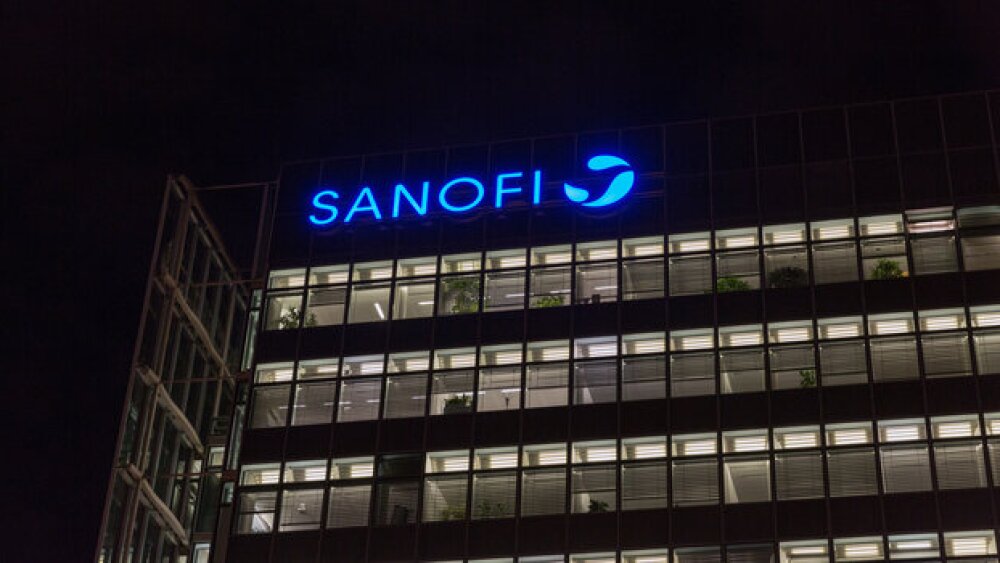After a delay in review, the FDA approved Acorda’s Inbrija for the intermittent treatment of OFF episodes of Parkinson’s.
Acorda Therapeutics can breathe a bit easier. The U.S. Food and Drug Administration (FDA) approved Inbrija, the first inhaled formula of levodopa (L-dopa) for the intermittent treatment of OFF episodes in Parkinson’s disease patients.
The approval came about two weeks before its PUDFA date. The regulatory agency was initially expected to make a ruling on Inbrija in October, but the FDA extended the review of the drug to Jan. 5. 2019. In September, Acorda said the delay was due to the FDA’s requests for additional information on chemistry, manufacturing and controls. The FDA determined the submissions “constitute a major amendment” and will take additional time to review, Acorda said in September.
However, now the FDA has completed its review and given the green-light to Inbrija. The approval is for Parkinson’s patients who are already being treated with carbidopa/levodopa. There are approximately 350,000 people in the U.S. who are challenged by OFF periods related to Parkinson’s disease.
In a statement, Acorda Chief Medical Officer Burkhard Blank thanked the FDA for the “constructive dialogue” it had with the company throughout the review cycle for Inbrija. With the approval, Blank said Inbrija can now be “added to patients’ existing Parkinson’s medications for on-demand use, based on individual patient need.”
Parkinson’s disease is a progressive disorder of the nervous system that impacts movement in the body. In addition to the tremors associated with the disease, Parkinson’s commonly causes stiffness or slowing of movement. People diagnosed with Parkinson’s often deal with times classified as “ON” and “OFF.” OFF periods are characterized by the reemergence of Parkinson’s symptoms. In OFF times, which Inbrija addresses, patients experience periods of decreased mobility that are the result of low levels of dopamine between doses of oral carbidopa/levodopa. Over the course of the disease, patients OFF periods in patients can increase in frequency and severity. The “ON” time refers to when patients are responding to medication and symptoms are decreased.
Ron Cohen, president and chief executive officer of Acorda, said the approval of Inbrija is a major milestone for the company, as well as Parkinson’s disease patients and their families.
Todd Sherer, head of the Michael J. Fox Foundation, which provided early funding to Acorda for the Inbrija research, noted that the OFF periods for Parkinson’s disease patients can be disruptive to their quality of life. Sherer said the foundation provided the funding for the research after hearing that the OFF periods were one of the most serious issues facing Parkinson’s patients.
“We knew we had to help address this unmet need, and this approval is a significant step forward for the community as it provides a new option to manage these gaps in symptom control,” Sherer said in a statement.
During the Phase III clinical trial, data showed patients treated with Inbrija saw a statistically significant improvement in motor function. Inbrija is an inhaled formula of levodopa (L-dopa) and has been shown in trials to be successful in treating patients with Parkinson’s disease experiencing OFF periods. Acorda acquired Inbrija in the acquisition of Civitas Therapeutics. The company anticipates that Inbrija will be available for patients during the first quarter of 2019. The drug will be distributed through a network of specialty pharmacies, the company said.





